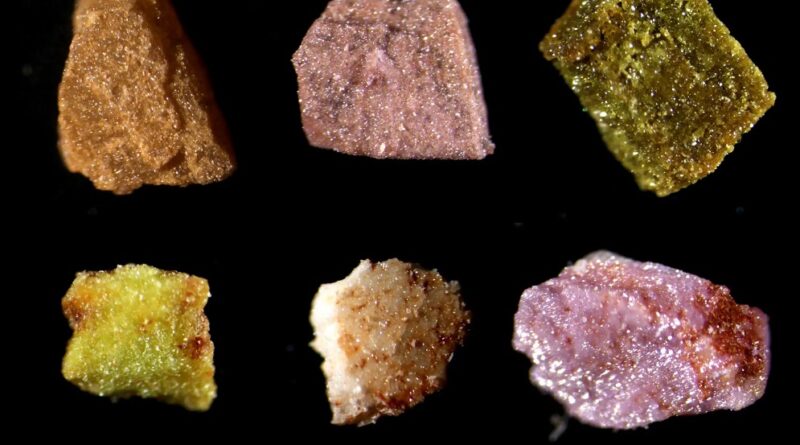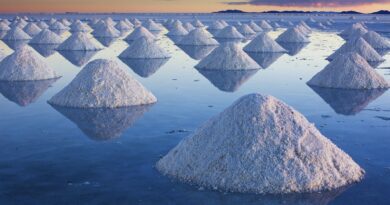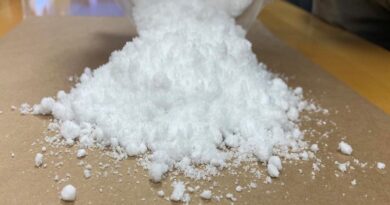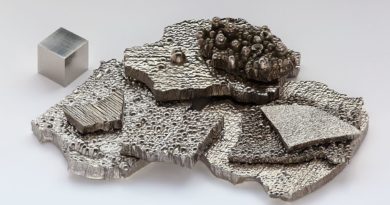US cannot produce its own rare earths
The US has one operational rare earths mine, but it does not have the capacity to separate heavy rare earths and has to send its ore to China for processing.
There used to be US companies that manufactured rare earth magnets – until the 1980s, the US was in fact the largest producer of rare earths.
But these companies exited the market as China began to dominate in terms of scale and cost.
This is largely believed to be part of why US president Donald Trump is so keen to sign a minerals deal with Ukraine – it wants to reduce dependency on China.
Another place Trump has had his eye on is Greenland – which is endowed with the eighth largest reserves of rare earth elements.
Trump has repeatedly showed interest in taking control of the autonomous Danish dependent territory and has refused to rule out economic or military force to take control of it.
These might have been places that the US could have sourced some of its rare earth exports from, but the adversarial tone Trump has struck with them means the US could be left with very few alternative suppliers.
“The challenge the US faces is two-fold, on the one hand it has alienated China who provides the monopoly supply of rare earths, and on the other hand it is also antagonising many nations that have previously been friendly collaborators through tariffs and other hostile actions,” said Dr Harper.
“Whether they will still prioritise collaboration with America remains to be seen in the turbulent policy environment of this new administration.”
How could this impact the US?
A US Geological report notes that between 2020 and 2023, the US relied on China for 70% of its imports of all rare earth compounds and metals. This means that the new restrictions have the ability to hit the US hard.
Heavy rare earths are used in many military fields such as missiles, radar, and permanent magnets. A CSIS report notes that defence technologies including F-35 jets, Tomahawk missiles and Predator unmanned aerial vehicles all depend on these minerals.
It adds that this comes as China “expands its munitions production and acquires advanced weapons systems and equipment at a pace five to six times faster than the United States”.
The impact on the US defence industry will be substantial, and it’s not only in the field of defence. US manufacturing, which Trump has said he hopes to revive through the imposition of his tariffs, stand to be severely impacted.
Manufacturers, particularly in defence and high-tech, face potential shortages and production delays due to halted shipments and limited inventories.
Prices for critical rare earth materials are expected to surge, increasing the immediate costs of components used in a wide range of products, from smartphones to military hardware, this could result in potential production slowdowns for affected US companies.
If such a shortage from China persists in the long-run, the US could potentially begin diversifying its supply chains and scaling up its domestic and processing capabilities, though this would still require substantial and sustained investment, technological advancements and potentially higher overall costs compared to the previous dependence on China.
President Trump recognises that an overreliance on foreign critical minerals and their derivative products could jeopardise US defence capabilities, infrastructure development, and technological innovation. Critical minerals, including rare earth elements, are essential for national security and economic resilience.




